Compost is a valuable addition to any garden, as it helps to improve soil structure and fertility. When shopping for compost, it is important to consider the type of compost that is best suited for your needs, as well as the quality and price of the product.
In this article, we will provide some tips to help you make an informed decision when buying compost.
Basic Types of Compost
1. Regular Compost
Sometimes referred to as thermo-compost or aerobic compost, but generally referred to as “compost,” it is created by combining a variety of components in heaps or lengthy windrows. These compounds are mostly degraded by microbes.
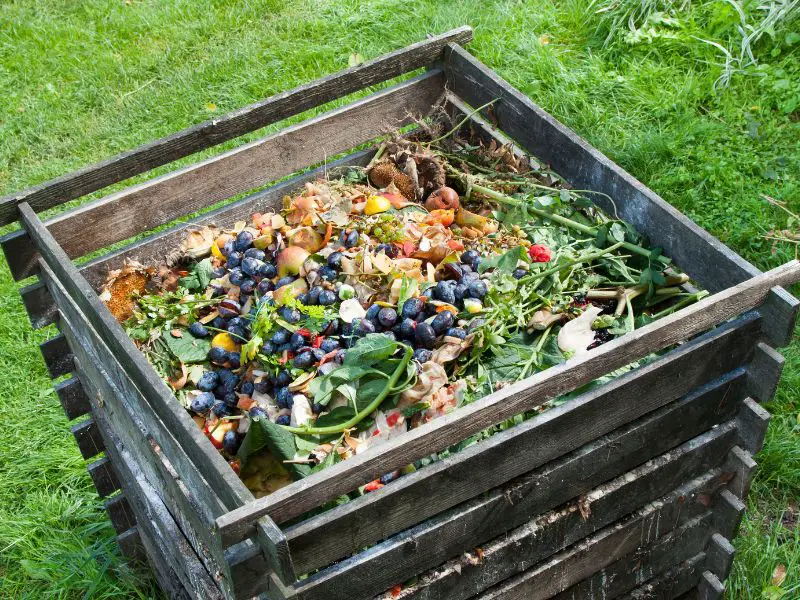
2. Green Compost
This type of compost is made from grass clippings, vegetable scraps, and other moist, green materials. It is high in nitrogen, which is important for plant growth.
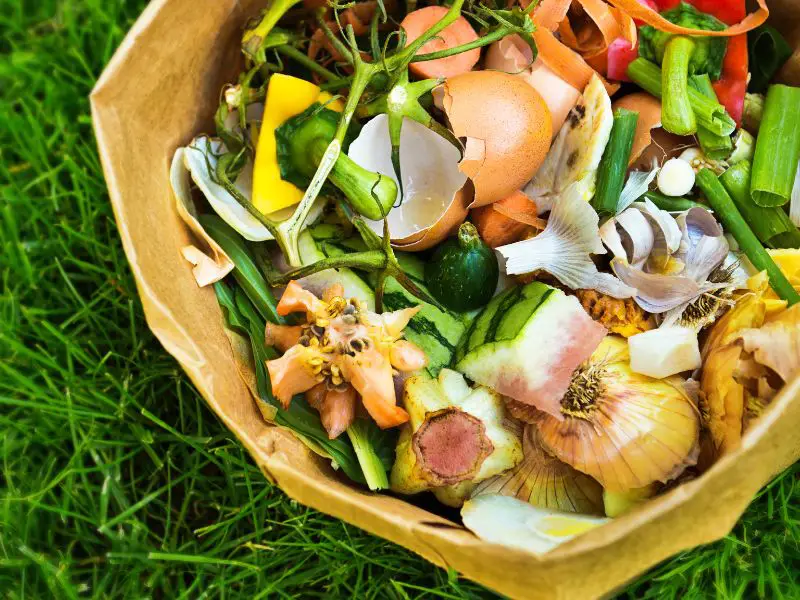
3. Brown Compost
This type of compost is made from dry, brown materials such as leaves, twigs, and straw. It is high in carbon and helps to balance the nutrients in green compost.
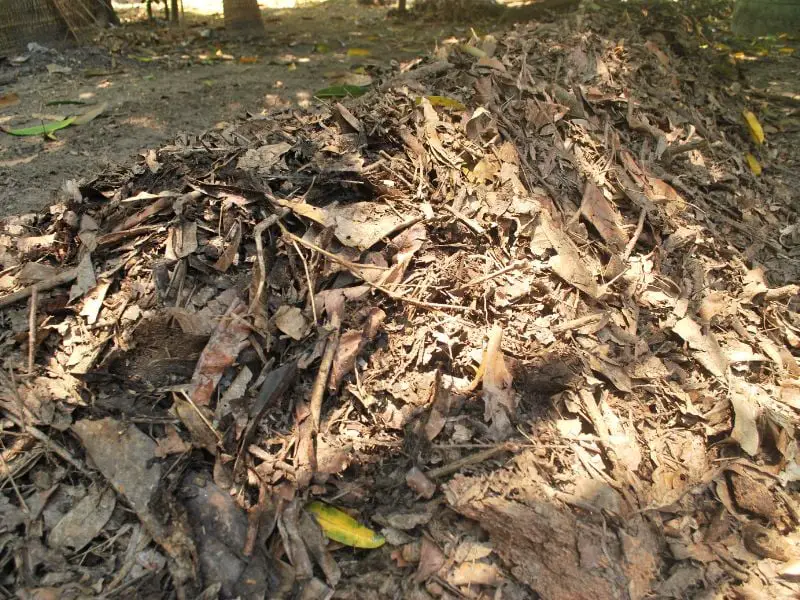
4. Manure Compost
This type of compost is made from animal manure, such as cow or horse manure. It is a good source of nutrients for plants and can help improve soil structure.
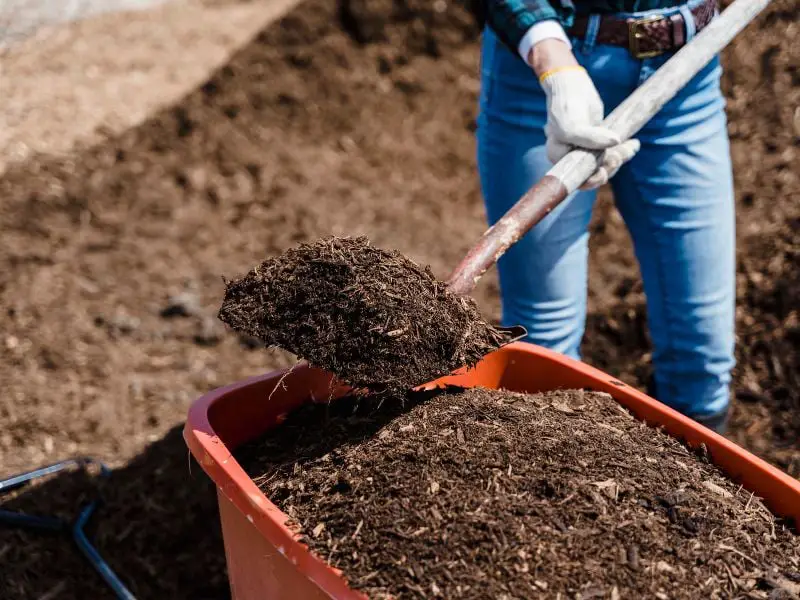
5. Vermicompost
This type of compost is made with the help of worms, which break down organic materials into a nutrient-rich compost. Vermicompost is often considered a high-quality compost and is great for use in gardens and container plants.
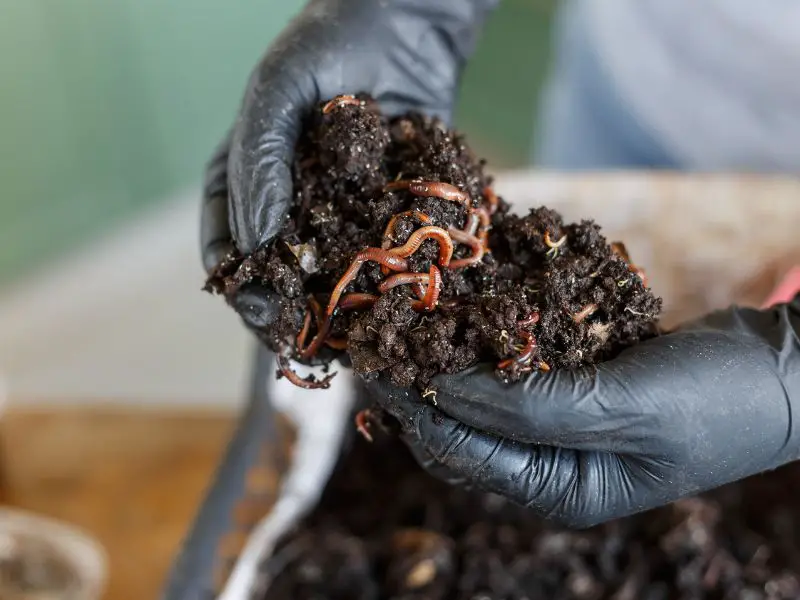
6. Compost Tea
This type of compost is made by steeping compost in water and allowing it to ferment. The resulting liquid is then used as a fertilizer for plants.
Compost Buying Tips
1. Check the pH Level
The pH level of compost is important because it determines how well plants will be able to absorb the nutrients in the compost. Most plants prefer slightly acidic soil, with a pH level between 6.0 and 7.0. You can find out the pH level of compost by checking the label or contacting the manufacturer.
2. Look for a High Level of Maturity
Consider the particle size: Compost with a small particle size will be easier for plants to absorb and use. It will also be easier to work within the garden. Larger particles, on the other hand, may not break down as quickly and may not be as effective at providing nutrients to your plants.
3. Check for Weed Seeds
Some composts may contain weed seeds, which can germinate and grow in your garden. To avoid this, look for a compost that is weed-free or has been heat-treated to kill any weed seeds.
4. Think About the Packaging
If you are buying compost in bulk, consider how it is packaged. Bags of compost may be more convenient to store and use, but they can be more expensive. Compost in bulk may be a more cost-effective option, but it may be more difficult to handle and store.
Where to Buy Organic Compost
There are a number of places where you can buy compost, including garden centers, home improvement stores, and online retailers. One well-known chain that sells compost is Home Depot.
Home Depot offers a wide range of compost products, including bags and buckets of compost as well as composting bins. You can find a variety of compost types at Home Depot, including organic options and compost specifically formulated for certain types of plants.
To find compost at Home Depot, you can either visit a store in person or shop online on the Home Depot website. The availability of specific products may vary depending on your location.
In addition to Home Depot, you can also find compost at other home improvements stores, such as Lowe’s, as well as at local garden centers and nurseries. You can also purchase compost online from retailers such as Amazon and Walmart.
When shopping for compost, be sure to consider your specific needs and compare prices and options from different retailers to find the best product for you.
Home Depot Is Expanding Their Organic Compost Market
EcoScraps, a company partnered with Home Depot, produces product lines of compost mix, potting soil, plant and soil booster, and lawn and garden growth formula. This summer, they will undertake a big expansion into Northern California, expanding beyond its origins in Utah and Arizona. The expansion is part of the company’s objective to establish relationships with a variety of US composting businesses and service providers.
At first, products will be sold in 160 Home Depot stores in Northern California. EcoScraps works with Costco, Walmart, and Sam’s Clubs in Utah, and Costco and Target in Arizona.
Compost Pricing
The price of compost can vary depending on the type, quality, and quantity you are looking for. In general, you can expect to pay anywhere from $0.30 and $20+ per 10lbs (0.2 cubic feet). For bulk, expect the price ranging from $10-$150 per cubic yard.
It’s also worth notimg that compost prices can vary depending on your location and the availability of products. To get the best price on compost, it’s a good idea to shop around and compare prices at different retailers. You can also check for sales or promotions, which may offer discounted prices on compost products.
Keep in mind that cheaper composts may not be as nutrient-rich as more expensive options, so it’s important to consider the quality of the product as well as the price. Look for a compost that is made from a diverse range of ingredients and has a good nutrient balance to ensure that it will be effective at nourishing your plants.
Bottomline
In conclusion, buying compost can be a great way to add nutrients to your garden soil and help your plants thrive. When shopping for compost, there are a few things to consider to ensure you get the best product for your needs. These include determining your specific gardening needs, looking for organic options, checking the ingredients, considering the price, and choosing a reputable brand. By following these tips and doing your research, you can find the perfect compost to help your garden grow and flourish. Thanks for reading and happy gardening!
Learn how to compost at home with this guide. Uncover the step-by-step process of composting and turn kitchen scraps and yard waste into valuable, eco-friendly fertilizer for your garden. Start composting today and contribute to a greener, more sustainable world.

